Tag: state senate
-
Sixteen incumbents face challengers in Mississippi’s Senate primary
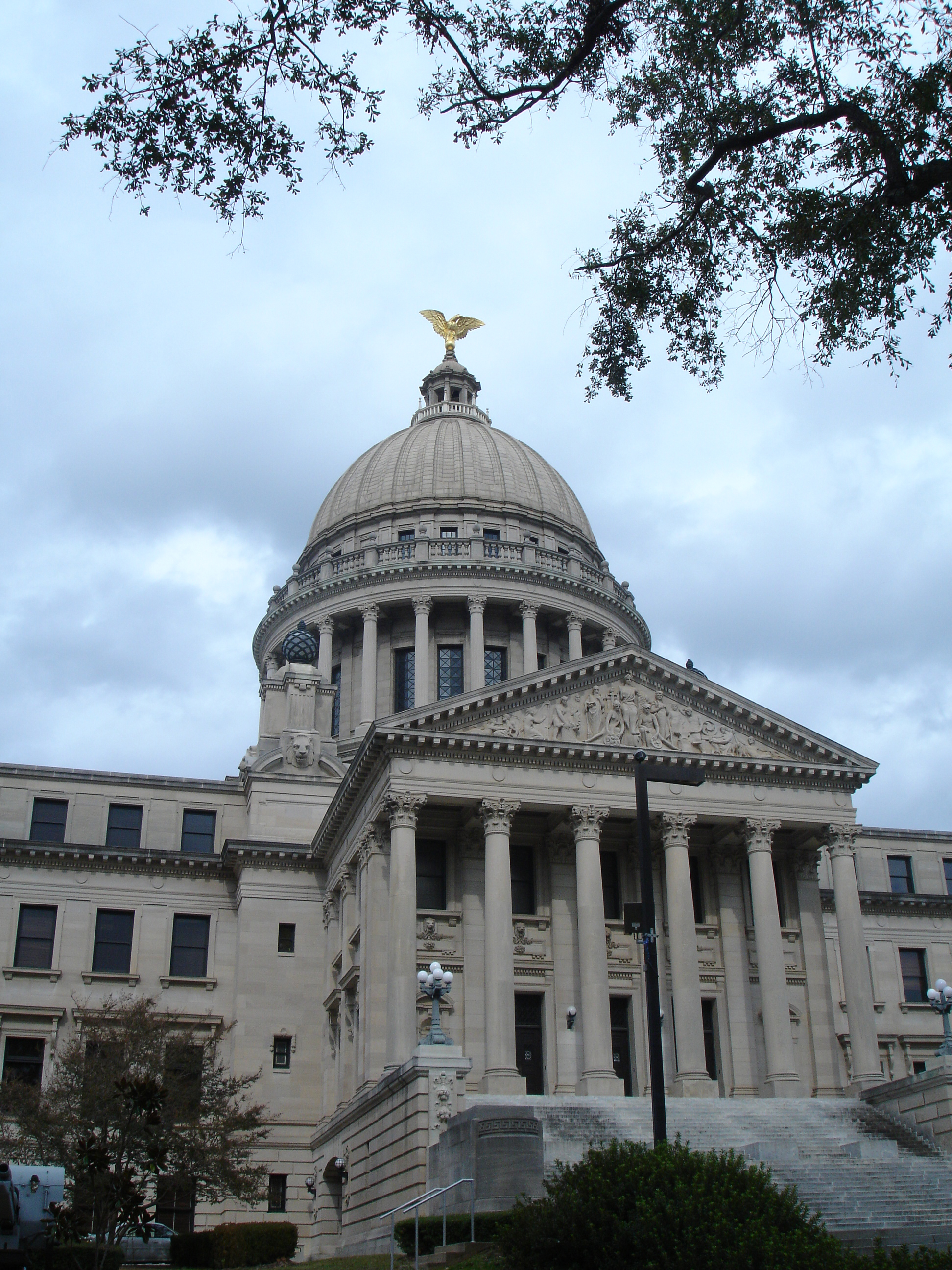
Sixteen incumbents in the 52-member Mississippi State Senate faced primary challengers on Aug. 8. As of Aug. 9, Sen. Philip Moran (R), of District 46, was the only incumbent defeated in the primary, while the race featuring Sen. Sarita Simmons (D), of District 13, was too close to call. Ballotpedia identified eight battleground primaries in…
-
Texas Senate appoints committee to develop rules for upcoming impeachment trial
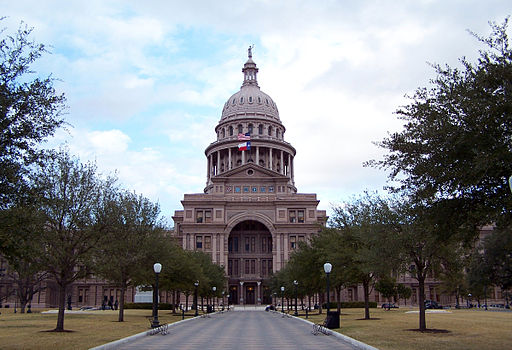
The Texas Senate appointed a committee on May 29 to develop proposed rules for the upcoming impeachment proceeding against Texas Attorney General Ken Paxton (R). The committee, consisting of five Republicans and two Democrats, was directed to propose rules for the trial by June 20. The Senate also adopted a resolution on May 30 calling…
-
One-fourth of Virginia State Senate incumbents are running in contested primaries
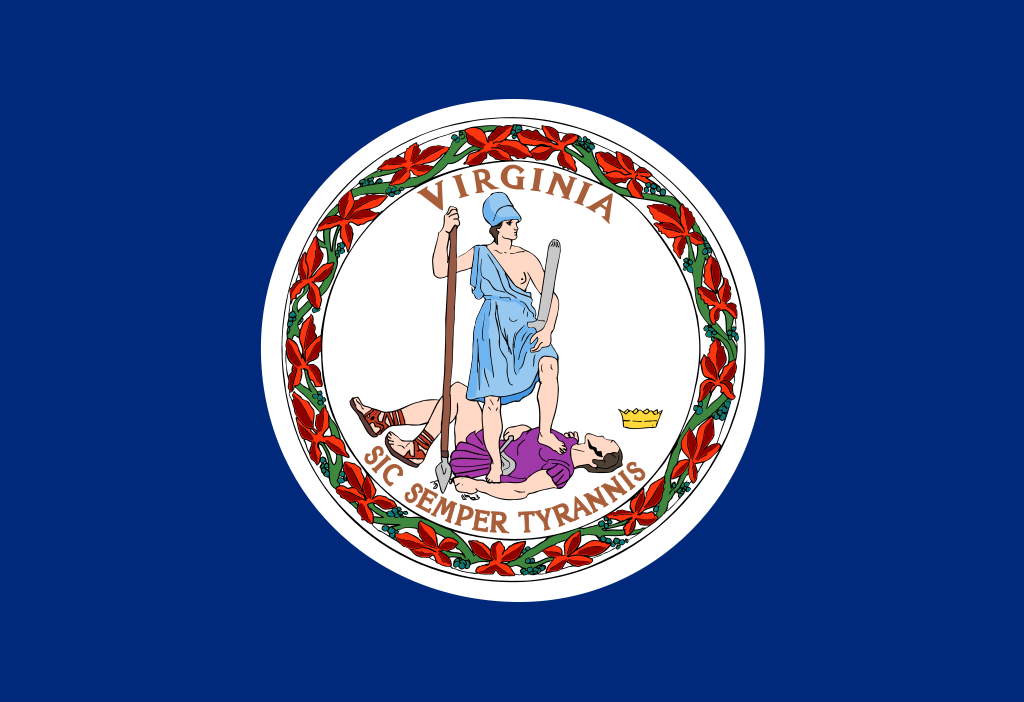
Democrats currently hold a 22-18 majority in the Virginia State Senate, which holds elections every four years rather than every two. The chamber is already poised to welcome at least 11 new members next year: ten incumbents are retiring, and two incumbents are running in the same district, leaving 11 districts open, over one-fourth of…
-
Daniel Knodl (R) wins special general election for Wisconsin State Senate District 8, Senate Republicans regain supermajority

Daniel Knodl (R) defeated Jodi Habush Sinykin (D) in the special general election for Wisconsin State Senate District 8 on April 4, 2023. Knodl received 50.9% of the vote to Habush Sinykin’s 49.1%. Once Knodl is sworn in, Senate Republicans will have a 22-member supermajority, giving the party the votes necessary to speed up the…
-
Election legislation roundup: New Jersey State Senate
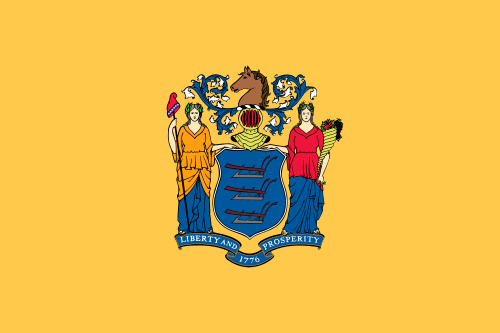
As of March 5, Ballotpedia has tracked 47 election-related bills in the New Jersey State Senate since the beginning of the year. Of the 47, Ballotpedia tracked one from Feb. 27 to March 5. The bill was bipartisan. The bill is: NJ S2866: Establishes “Elections Transparency Act;” requires reporting of campaign contributions in excess of…
-
Election legislation roundup: Florida State Senate
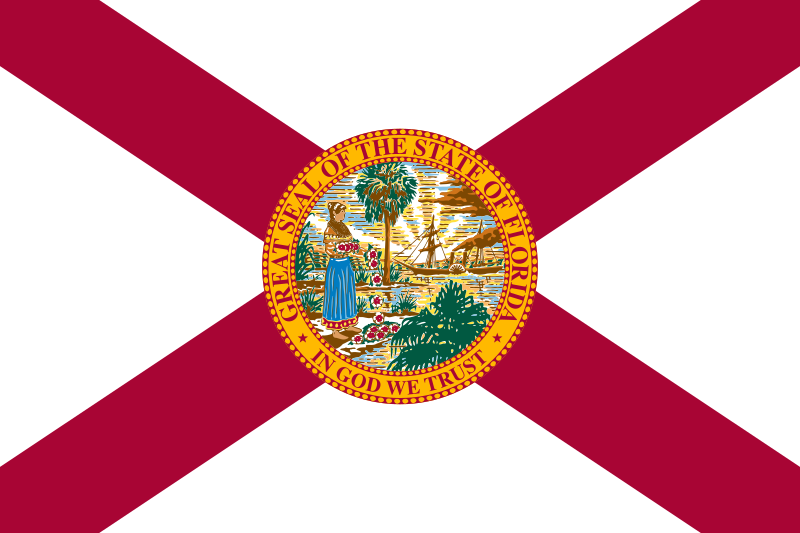
As of March 5, Ballotpedia has tracked seven election-related bills in the Florida State Senate since the beginning of the year. Of the seven, Ballotpedia tracked four from Feb. 27-March 5. Republicans sponsored three, while Democrats sponsored one. The four bills are: FL S0004: Statewide Prosecutor, Sen. Jonathan Martin (R). Provides that the Department of…
-
Election legislation roundup: New York State Senate
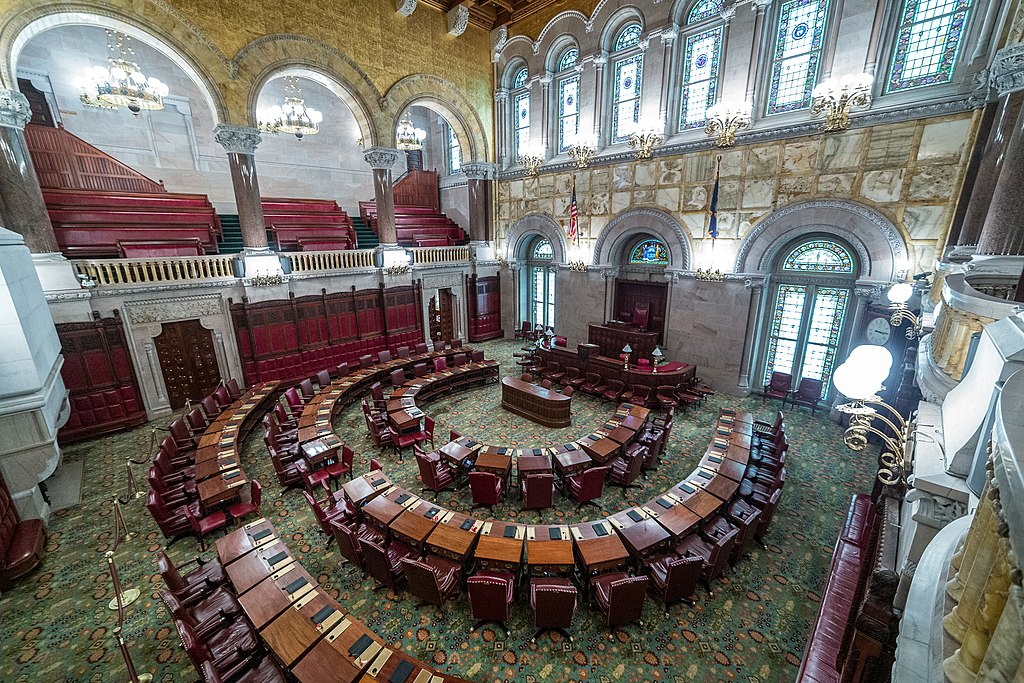
As of March 5, Ballotpedia has tracked 117 election-related bills in the New York State Senate since the beginning of the year. Of the 117, Ballotpedia tracked six from Feb. 27 to March 5. Republicans sponsored four, while Democrats sponsored two. The six bills are: SO5192: Requires the county seat in Herkimer county to have…
-
Habush Sinykin (D) and Knodl (R) to run in special general election for Wisconsin State Senate District 8
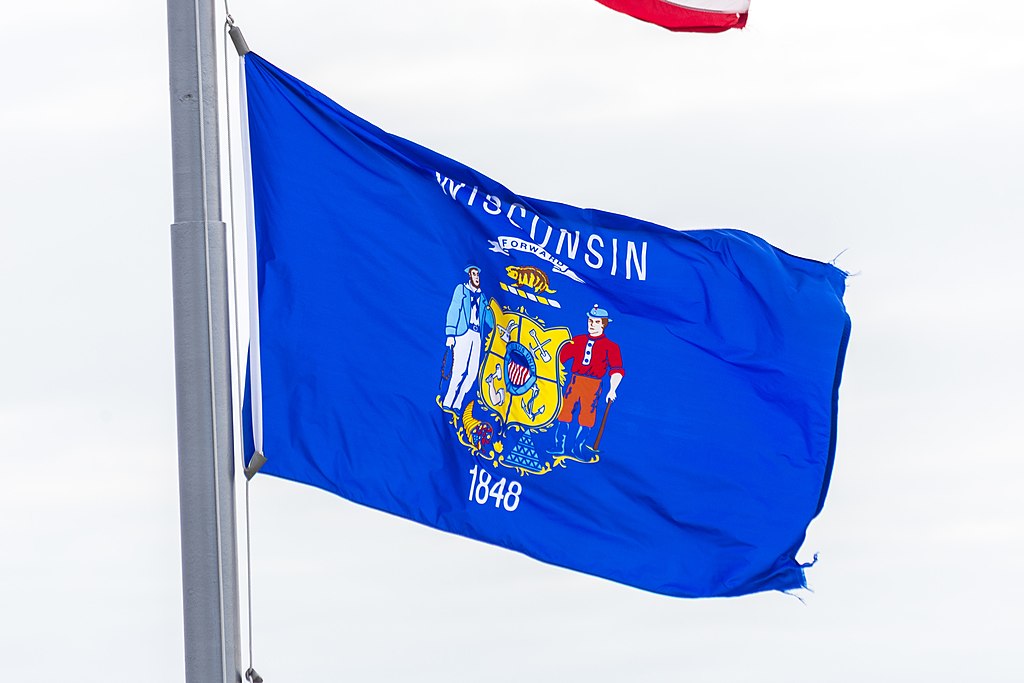
Jodi Habush Sinykin (D) and Daniel Knodl (R) are running in the special general election for Wisconsin State Senate District 8 on April 4, 2023. Republicans have held the seat since 1993, following Alberta Darling’s (R) election to the state Senate in 1992. Darling retired on Dec. 1, 2022. Her retirement reduced Senate Republicans’ 22-member…
-
Arizona State Senate passes unemployment insurance indexing bill
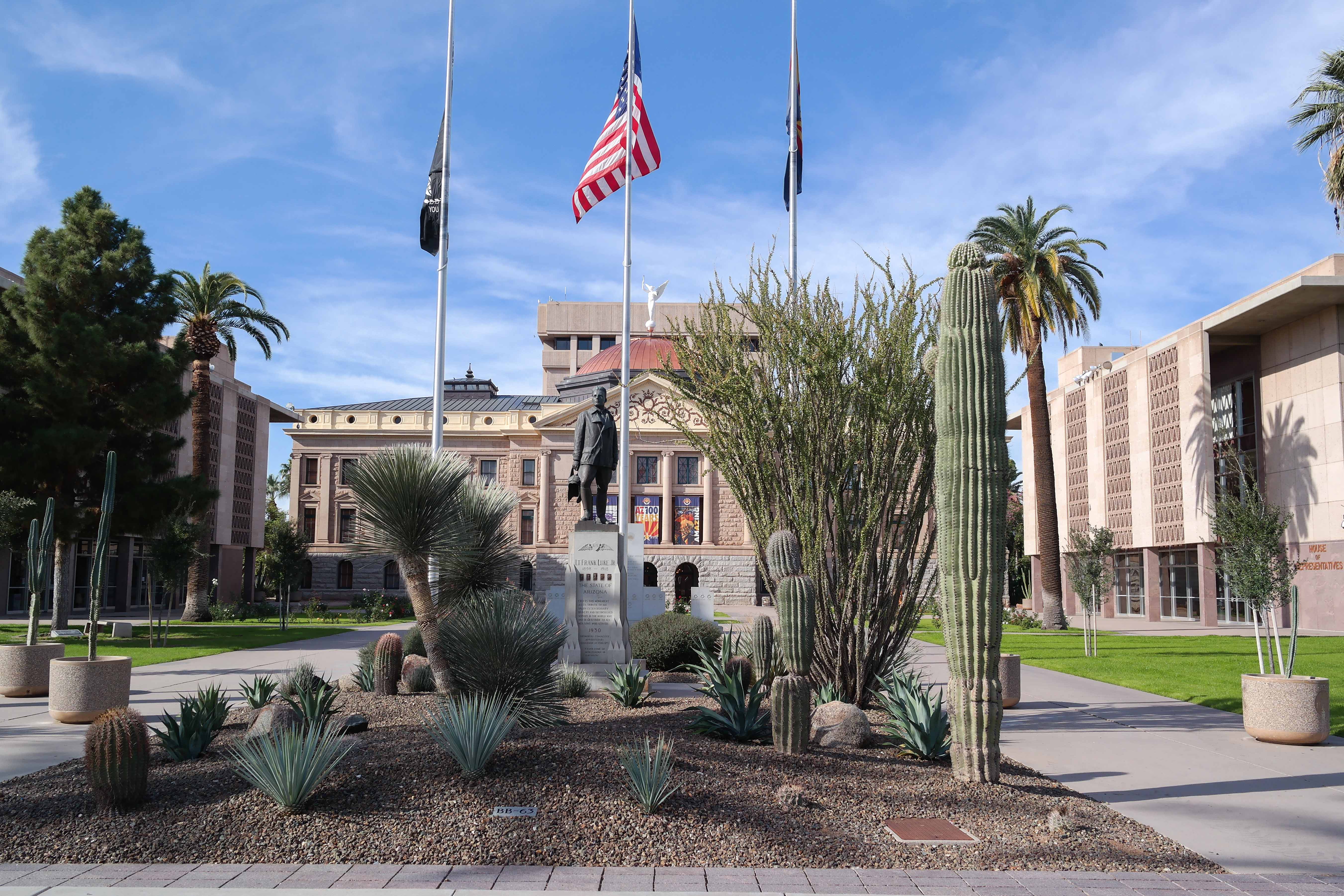
The Arizona State Senate on March 2 passed a bill 16-14 that would index the length of unemployment insurance benefits to the state’s unemployment rate. During times when the unemployment rate is at or below 5%, unemployed workers could collect a maximum of 12 weeks of benefits under the bill. The bill proposes capping the…
-
Election legislation roundup: Florida State Senate

As of Feb. 26, Ballotpedia has tracked three election-related bills in the Florida State Senate since the beginning of the year. Of the three, Ballotpedia tracked one from Feb. 20-26. Republicans sponsored the bill. The bill is: FL S1066: Recall of County Officers and Commissioners, Sen. Jay Collins (R). This bill, as introduced, allows the…

